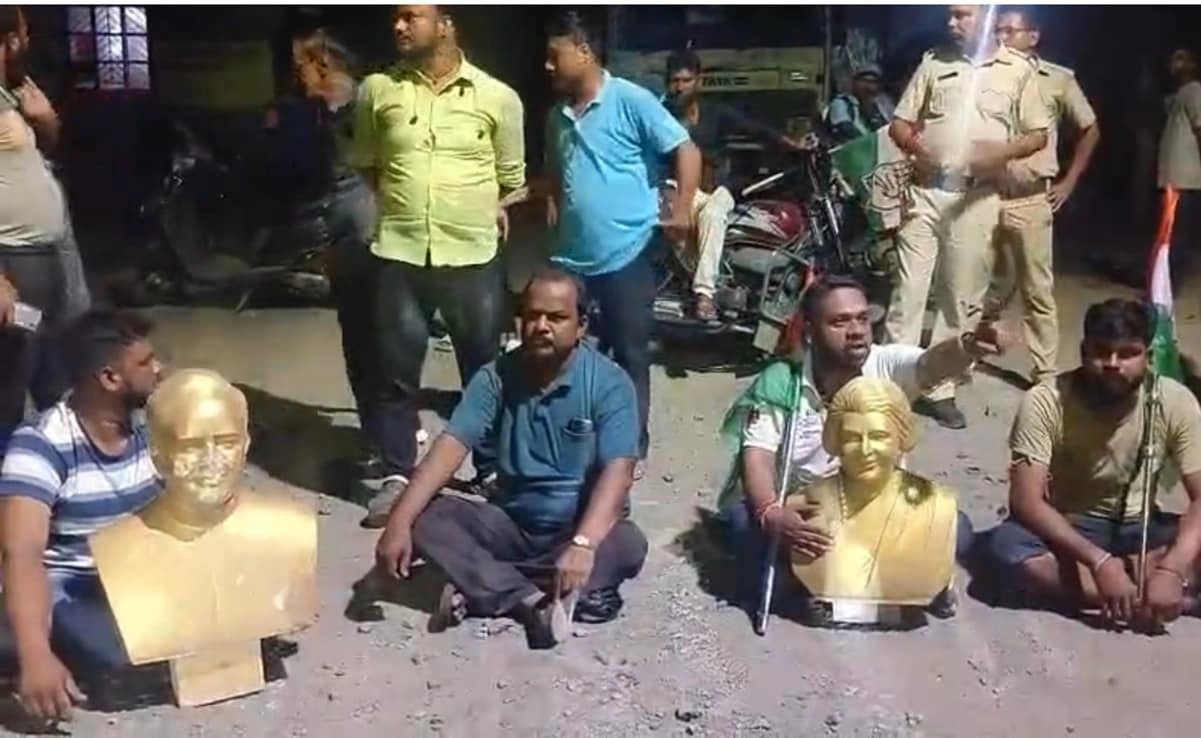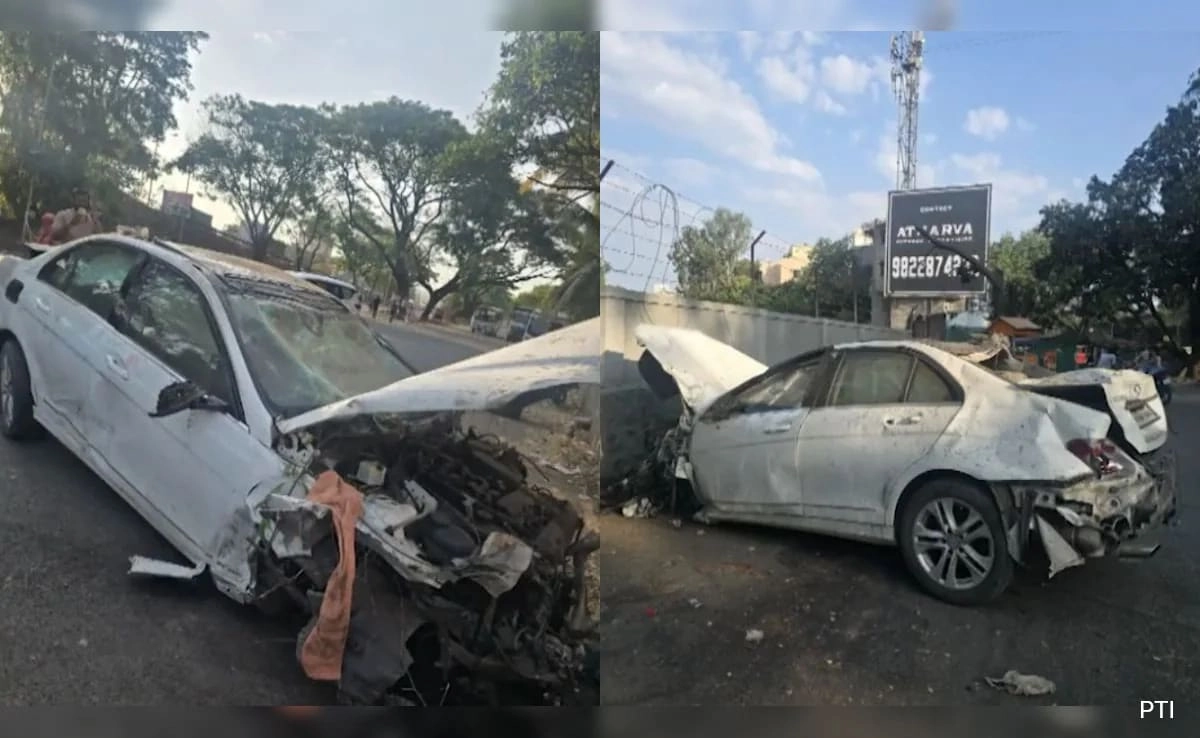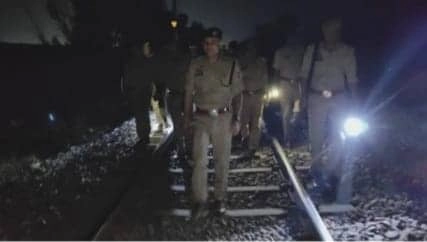The recent vandalism of statues commemorating Indira Gandhi and Rajiv Gandhi in West Bengal has ignited a significant controversy across the political landscape. These acts of desecration not only reflect a growing unease over the symbolism associated with these historical figures but also underscore the deepening political divisions in the region. Indira Gandhi, a former Prime Minister of India and a central figure in Indian politics, is often remembered for her controversial policies, while her son, Rajiv Gandhi, also served as Prime Minister and is remembered for his efforts to modernize the country. The defacement of their statues has been interpreted by many as an affront to the legacy of the Congress party, which has struggled to maintain its influence in West Bengal amid the rising popularity of regional parties and the Bharatiya Janata Party (BJP).
The incident has provoked strong reactions from various political leaders and activists, who have condemned the vandalism as an attack on democratic values and historical memory. Congress leaders in the state have demanded swift action against those responsible, asserting that such acts of violence against symbols of India’s democratic history are unacceptable. Meanwhile, the ruling party in West Bengal, the Trinamool Congress (TMC), has also expressed outrage over the incident, emphasizing the need for respect towards all political figures, regardless of differing ideologies. This event has highlighted the challenges of political discourse in a state where tensions between various factions often lead to confrontational politics.
Amidst this turmoil, the vandalism raises important questions about the role of public monuments in society. Statues often serve as reminders of a nation’s history, embodying the ideals and struggles of its people. When these symbols are attacked, it can signify a broader discontent with the narratives they represent. In the case of Indira and Rajiv Gandhi, their legacies are deeply intertwined with India’s socio-political fabric, and their statues evoke a range of emotions among citizens. As tensions continue to simmer, the need for dialogue and reconciliation becomes increasingly pressing. It is essential for political leaders to foster a climate of respect and understanding, ensuring that such acts of vandalism do not further deepen the rifts in an already polarized society.




